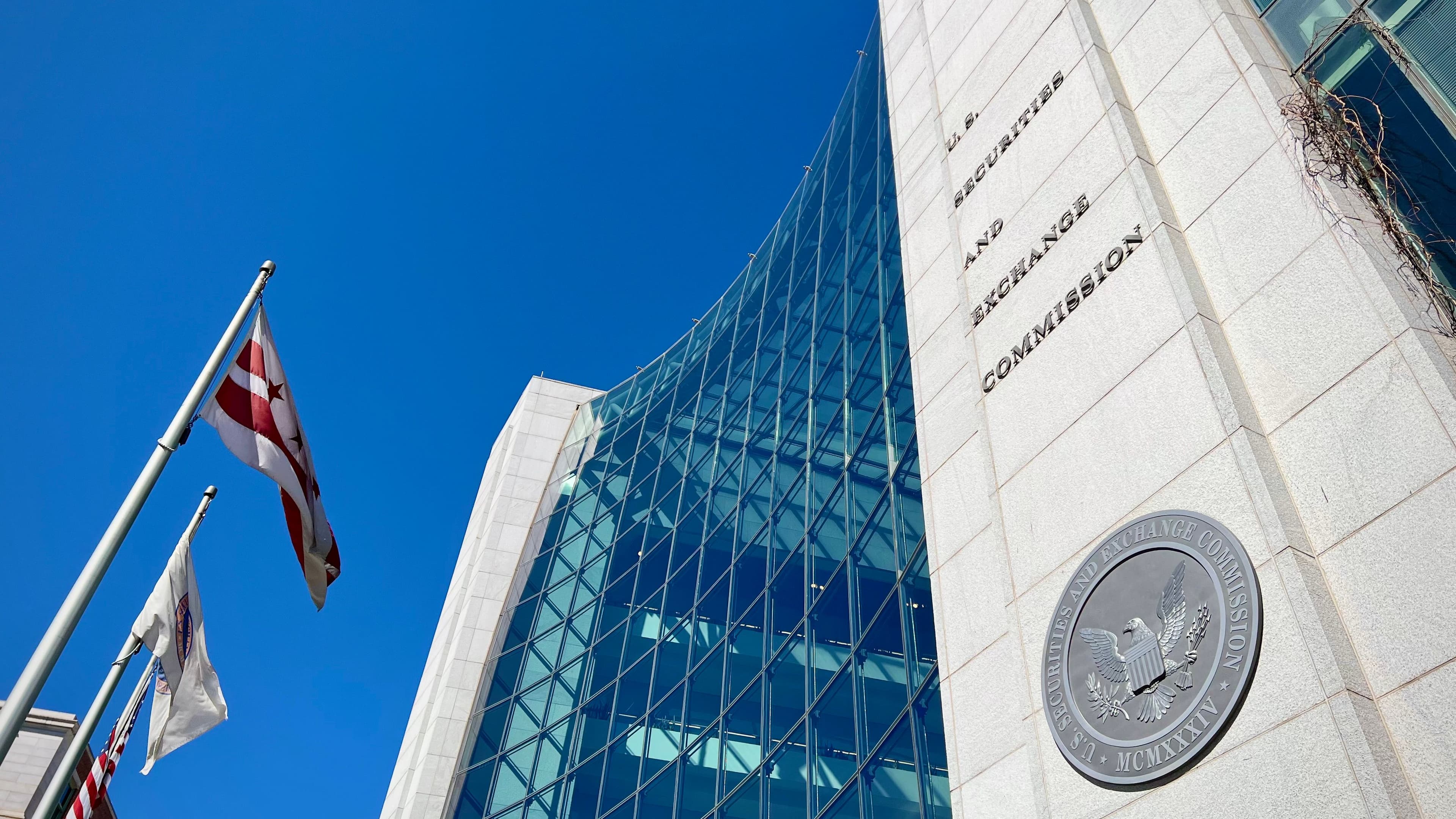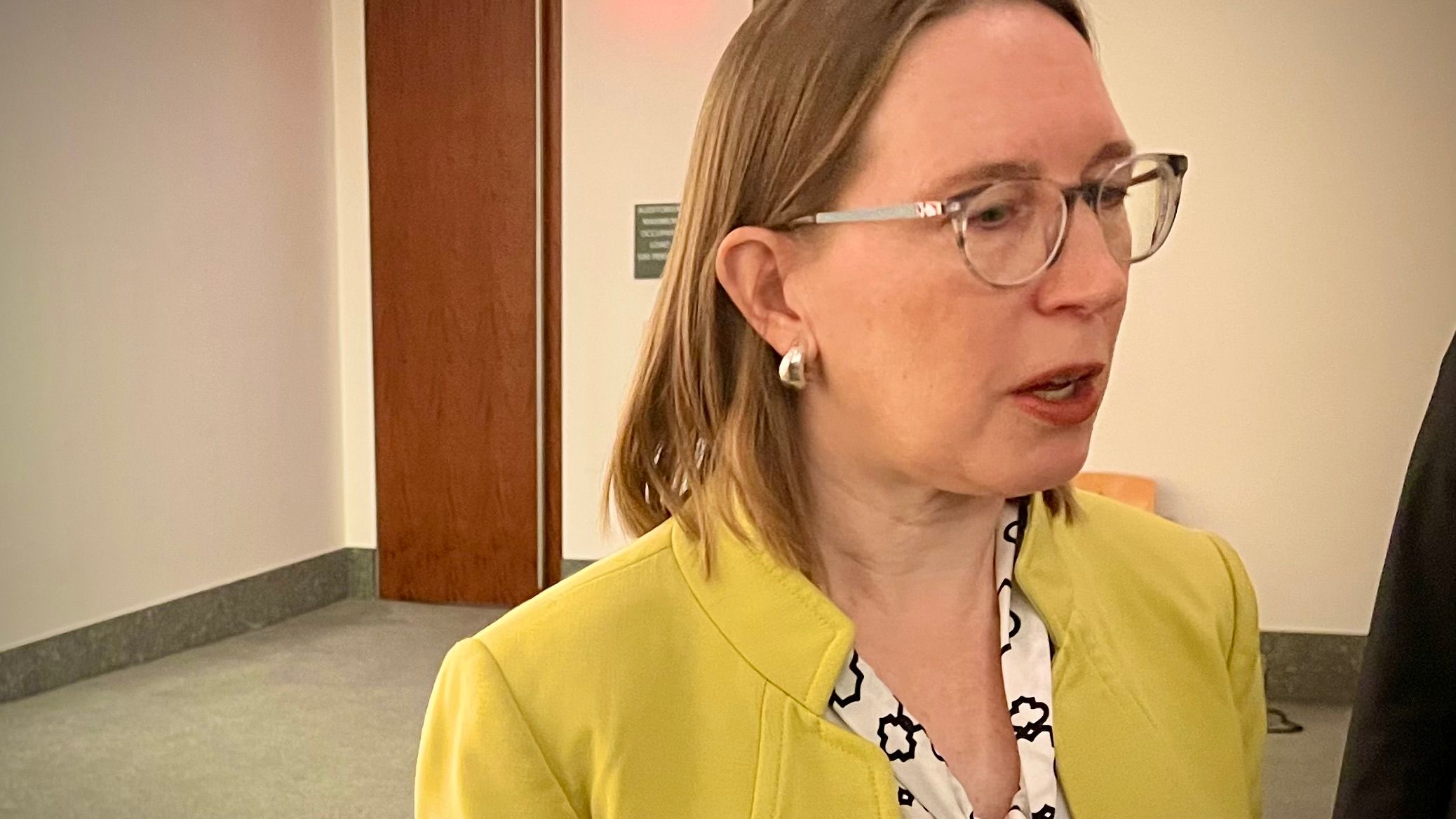SEC Clarifies Stance on Stablecoins

The U.S. Securities and Exchange Commission (SEC) has recently communicated that it has no regulatory interest in certain stablecoins or their issuers. This statement marks an important clarification regarding the boundaries of the SEC’s oversight in the rapidly evolving crypto sector. Following the appointment of leadership by President Donald Trump, the SEC established a Crypto Task Force aimed at alleviating regulatory pressures on digital assets. Since then, the agency’s staff has issued multiple statements intended to delineate the aspects of the crypto landscape that fall outside its jurisdiction, including memecoins and proof-of-work mining. The latest addition to this list is stablecoins.
On Friday, the SEC’s Division of Corporation Finance released this statement, which, while not yet a binding regulation or formal guidance, indicates that stablecoins “do not involve the offer and sale of securities.” The statement elaborates, “Persons involved in the process of ‘minting’ (or creating) and redeeming Covered Stablecoins do not need to register those transactions with the Commission under the Securities Act or fall within one of the Securities Act’s exemptions from registration.”
The SEC further clarified that these stablecoins—currently dominated by Tether’s USDT and Circle’s USDC—are intended solely for commercial use. They serve as a means for making payments, transmitting money, and/or storing value, rather than being marketed as investment vehicles.
In parallel with the SEC’s evolving stance, Congress has been actively working on establishing a new framework for the issuance of stablecoins. Just this week, the House Financial Services Committee advanced a bill pertaining to stablecoins, bringing it closer to a full vote in the House of Representatives. The Senate is also preparing to consider a similar proposal, which has already gained committee approval, reflecting a bipartisan effort.
Despite being among the more stable forms of cryptocurrency, stablecoins have stirred considerable political discourse in recent weeks. Notably, the Trump-backed World Liberty Financial has proposed its own stablecoin, raising eyebrows among some congressional Democrats who worry that tech mogul Elon Musk might exploit his influence to launch a similar initiative.
SEC Commissioner Hester Peirce, who leads the agency’s task force, has expressed her belief that these preliminary, nonbinding measures to soften the SEC’s historically stringent stance on crypto are essential. She advocates for swift action, even if these adjustments are not yet formalized as policy. Additionally, she has suggested that non-fungible tokens (NFTs) may also be evaluated for similar treatment in the future.

Looking ahead, the SEC is scheduled to host its second in a series of crypto summits next week, with a focus on trading activities within the sector. The agency may also soon be led by Trump’s nominee for a permanent chairman, Paul Atkins, should he receive Senate confirmation. This week, the Senate Banking Committee approved his nomination along party lines.
Even prior to Atkins’ potential arrival, interim Chairman Mark Uyeda has initiated significant changes aimed at reforming the SEC’s approach to cryptocurrency. This includes the dismissal of several high-profile enforcement actions previously taken against digital asset businesses, although some cases remain active.
(Source: Jesse Hamilton/CoinDesk)





